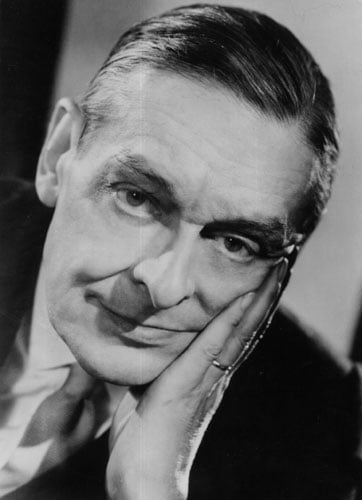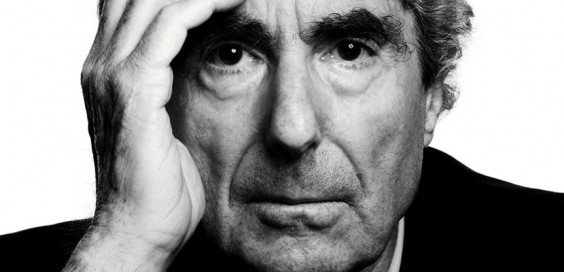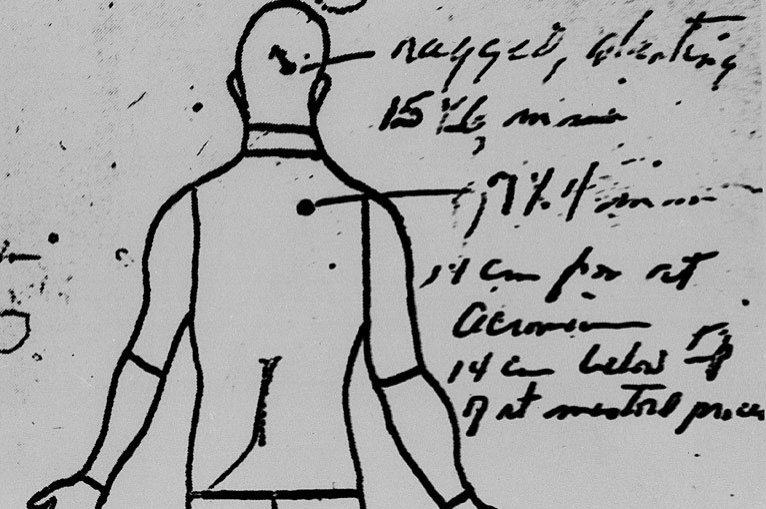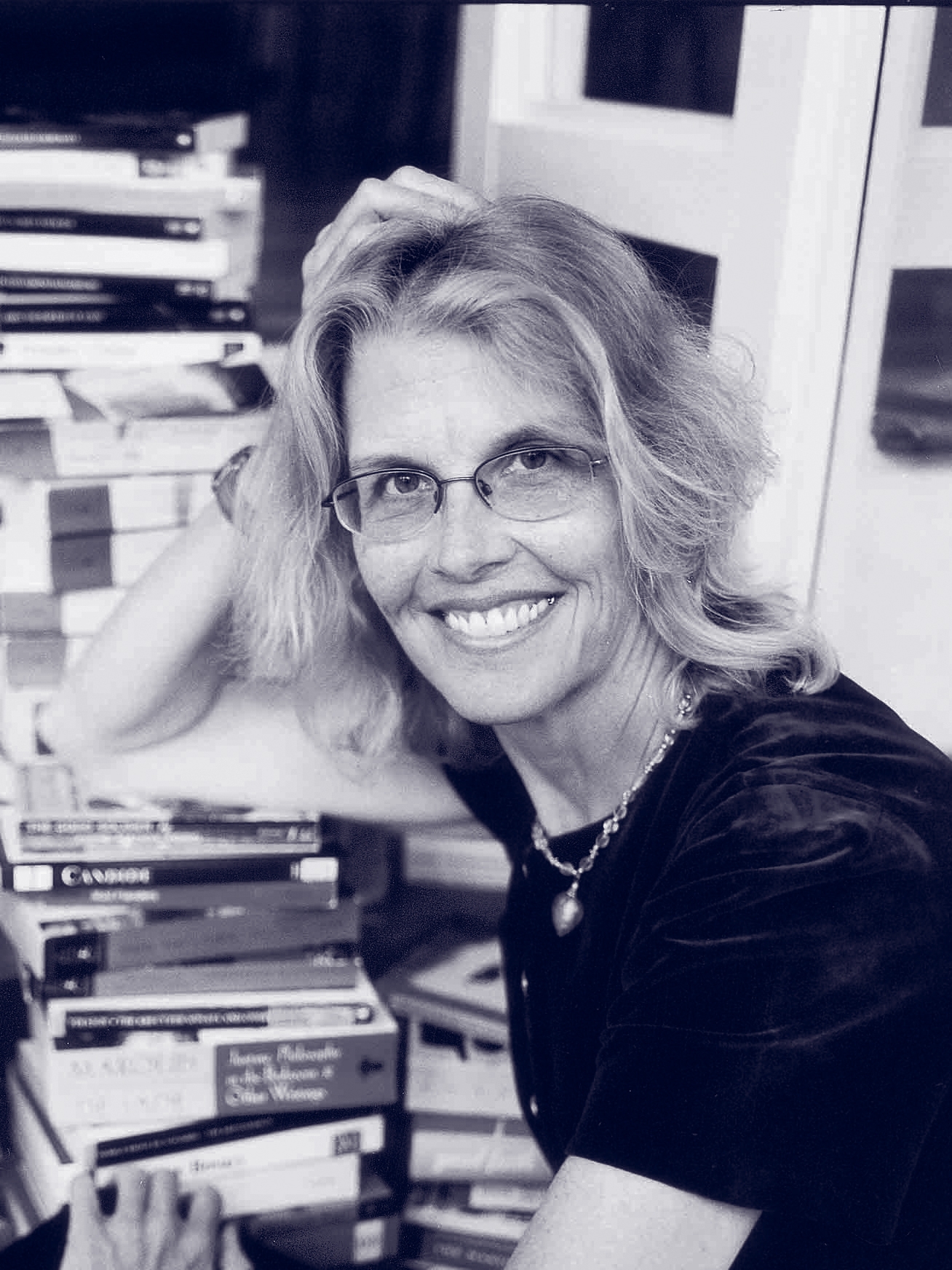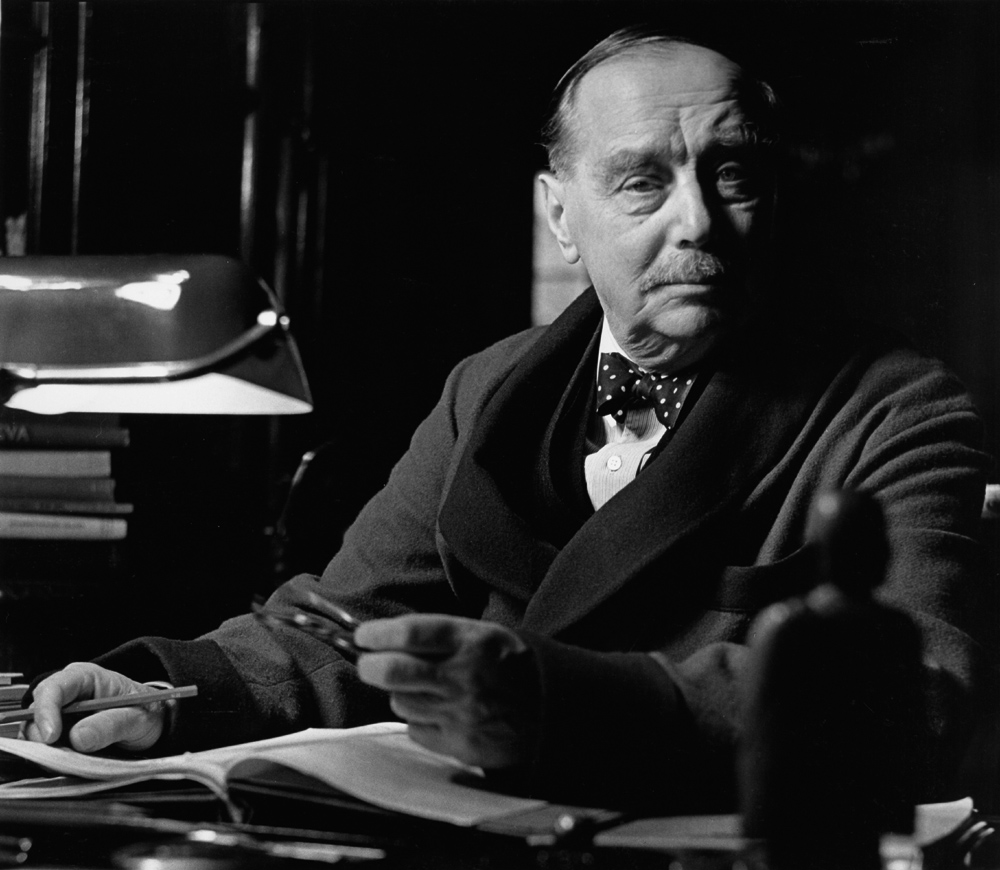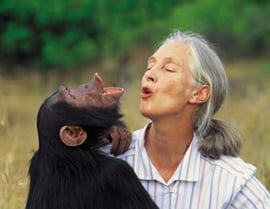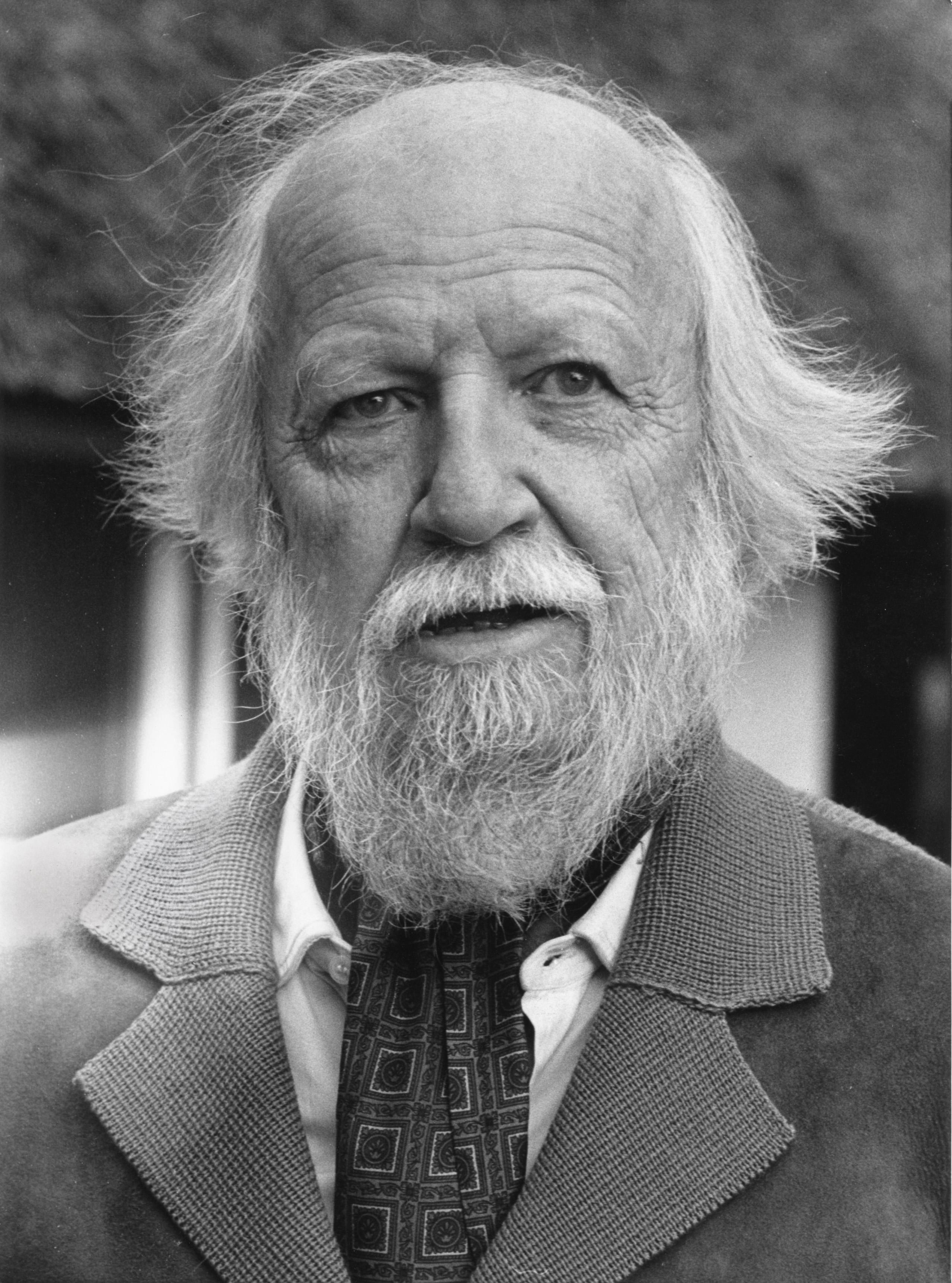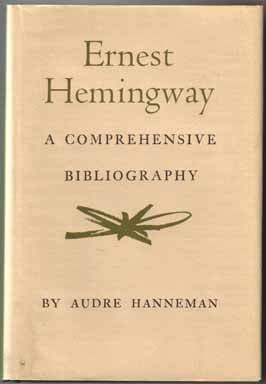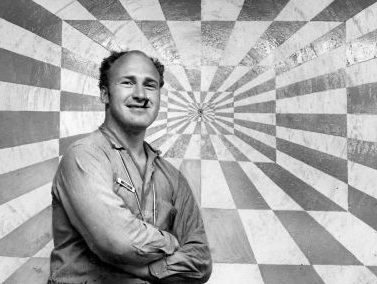Thomas Stearns Eliot was born in St. Louis, Missouri in 1888. A Nobel laureate, The New York Times described his writing as giving "new meaning to English-language poetry,” Due to a congenital double hernia, T. S. Eliot spent much of his childhood reading rather than running around with other children. His family eventually moved to New England where he attended Harvard. At age 22, he moved to Paris; four years later, he married Vivienne Haigh-Wood. He later claimed, “To her, the marriage brought no happiness. To me, it brought the state of mind out of which came The Waste Land."
us toll free: 1-800-948-5563 international: +1 (843) 849-0283 UK: +44 (0) 1334 260018




